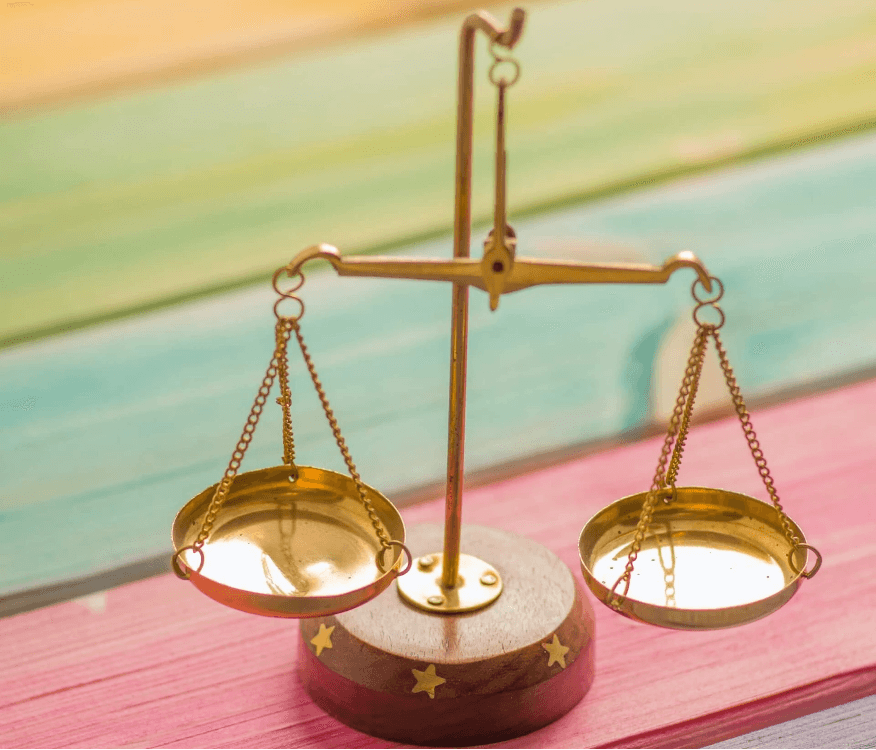In this article
Does getting a loan affect your credit score?
Taking out a loan – or any type of credit – will affect your credit score. Understanding the risks will give you a better idea of what works for you.

In this article
Your credit score is number out of 1000 that, combined with your credit report, helps lenders understand how you manage money.
It’s made up of things in your credit report, like the number and type of accounts you have, how much of your available credit you’ve used, your payment history and the length of your credit history.
Taking out a loan can sometimes feel like an easy fix – especially if you have unexpected expenses come up. Before you start applying for a loan, you should make sure it’s right for you.
If you decide to go ahead, the good news is that it can have some positive impacts on your credit score overall. A loan can help you:
Build a strong payment history
Simply having a track record of paying back a line of credit, on time and in full, helps build your credit history.
Because a loan is usually paid back over several months, if you make regular, timely repayments, you’ll be able to show future lenders that you can borrow responsibly.
Build a better credit mix
Having different types of credit can show lenders that you’re able to manage a variety of different accounts. If you already have a credit card that you pay back on time every month, a loan could help create a credit mix.
Reduce your credit utilisation ratio
Credit utilisation just means the amount of credit you use every month. If you have a credit card, it’s best to keep it below 30% – which means using less than 30% of your credit limit. Regularly using more than that can indicate that you’re a risky person to lend to.
But, if you have some credit card debt, you could take out something like a personal or debt consolidation loan to pay it off. Once you do that, you’ll be paying back the loan in instalments which doesn’t count towards your credit utilisation. If you can pay it back on time, responsibly, and use less of your credit limit while you do, you could see a slow but steady rise in your credit score.
As with any type of credit, it’s important to understand the risks. Taking out a loan:
It adds a hard search to your credit report
A hard search happens when you apply for a loan and will be shown on your credit report. It can make a dent in your credit score, which should be short-term as long as you pay it back in line with the agreement.
But, if you’re also looking for other types of credit (like a credit card or car finance, for example), you might find it’s harder to get accepted. That’s because it can look like you’re desperate for credit and risky to lend to. A good rule of thumb is to wait about six months between opening credit accounts, but it depends on your own circumstances.
It's a form of debt
Something to bear in mind – all credit is a type of debt. Borrowing money via a loan, credit card or even a phone contract does mean you are in debt for the amount you take out.
If you’re taking out a loan, it’s important to be sure you can afford to make the repayments.
It can impact your payment history
A loan comes with interest fees so managing the repayments responsibly so you can avoid paying extra money is key.
If you miss a payment, your score can be negatively impacted by as many as 100 points. The impact will fade over time but a large drop in your credit score can impact the types of offers you’re seeing and your chances of being accepted for a new line of credit.
There’s not a specific score you need to get a loan but there are factors that impact your chances. Generally, the better your score, the better the offers you could start seeing.
Yes – a personal loan will show on your credit report. That’s just because your report is designed to accurately represent the credit accounts you have. It shouldn’t be a problem if the information is correct – you can raise a dispute if it isn’t – and you make the repayments.
Any missed or late payments will show on your credit report.
If you’ve built up some debt over different loans or credit cards, for example, you could look at a debt consolidation loan.
Debt consolidation means moving your existing debt from several accounts into just one. You would pay off your accounts that have the debt, and then you’d only be responsible for paying back one loan.
Try our debt consolidation calculator to see what that could look like.
Suddenly having an unexpected expense can make you ask yourself if it’s better to take out a loan or put it on your credit card. There are some differences to be aware of:
A credit card is a revolving credit account
- That means the credit – or money you borrow – can be rolled onto the next month, with interest. Rolling over your payments can increase your chances of falling into a pattern of debt.
- You can use all the money up to your credit limit but that will affect your credit utilisation, which has a knock-on impact on your score and report.
- Your credit card might come with rewards when you spend – you should check if the benefits outweigh the potential risks.
A loan uses instalments
- Unlike a credit card, you can’t carry a payment into the next month – the monthly payments (instalments) are fixed. It can make it easier to budget because you’ll know what you owe in advance, but not making the instalments counts as a missed/late payment on your report.
- Loans can come with lower interest rates and higher amounts than credit cards. You should make sure you can comfortably afford the repayments.
- They tend to have additional fees like ERCs (early repayment charges) – you should factor these in when thinking about your loan period.
You should get to grips with the charges and fees a credit card or loan comes with before using them for a large purchase. The option you choose will depend on your own needs and circumstances – comparing your options is a good way to get started.
Next step: Start comparing loans with ClearScore today.
Helen's our resident Digital Copywriter. She makes personal finance easier to understand so you can be confident about your credit choices.
